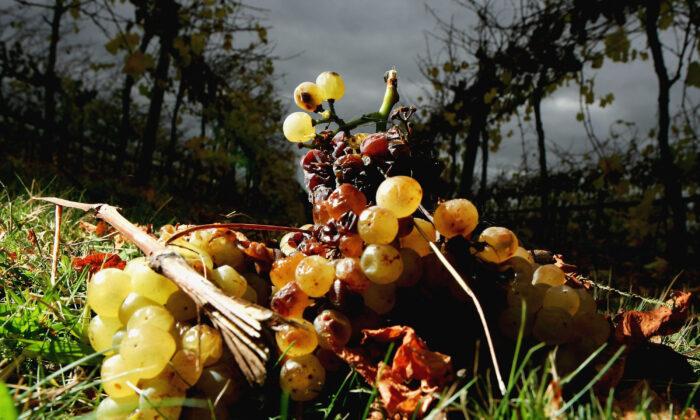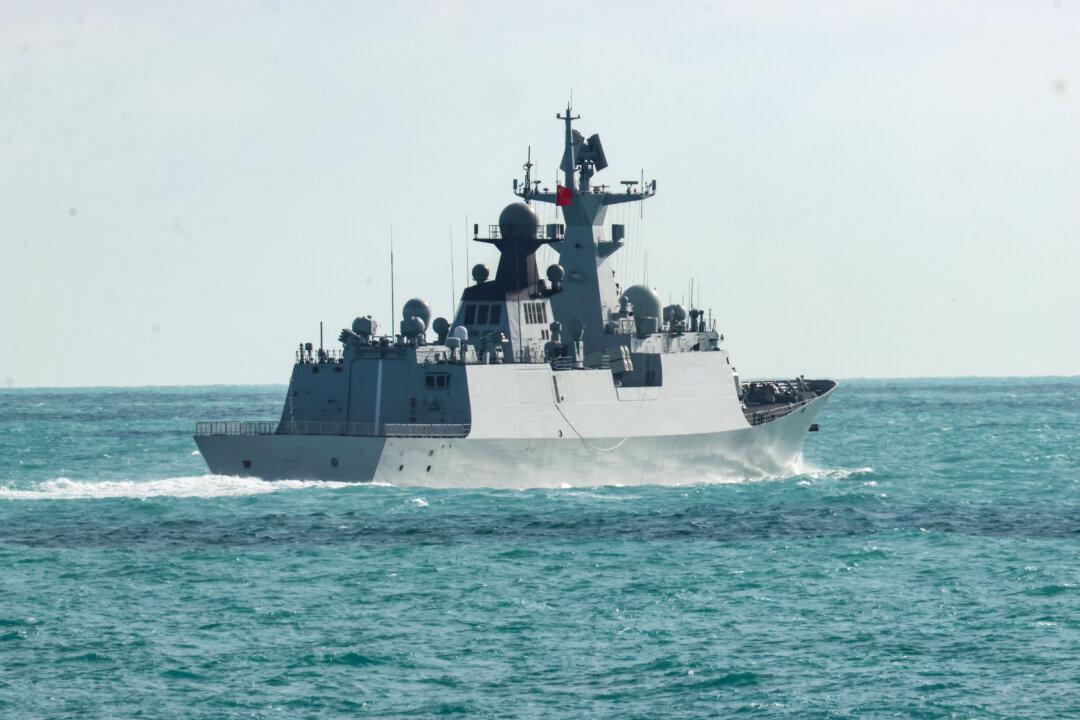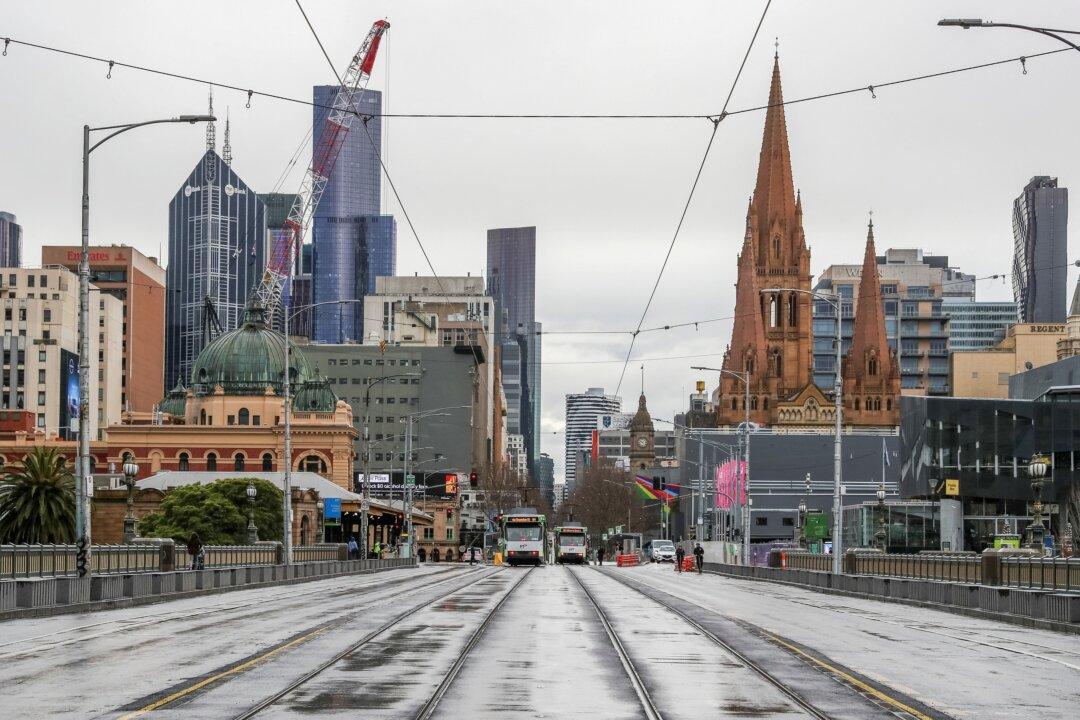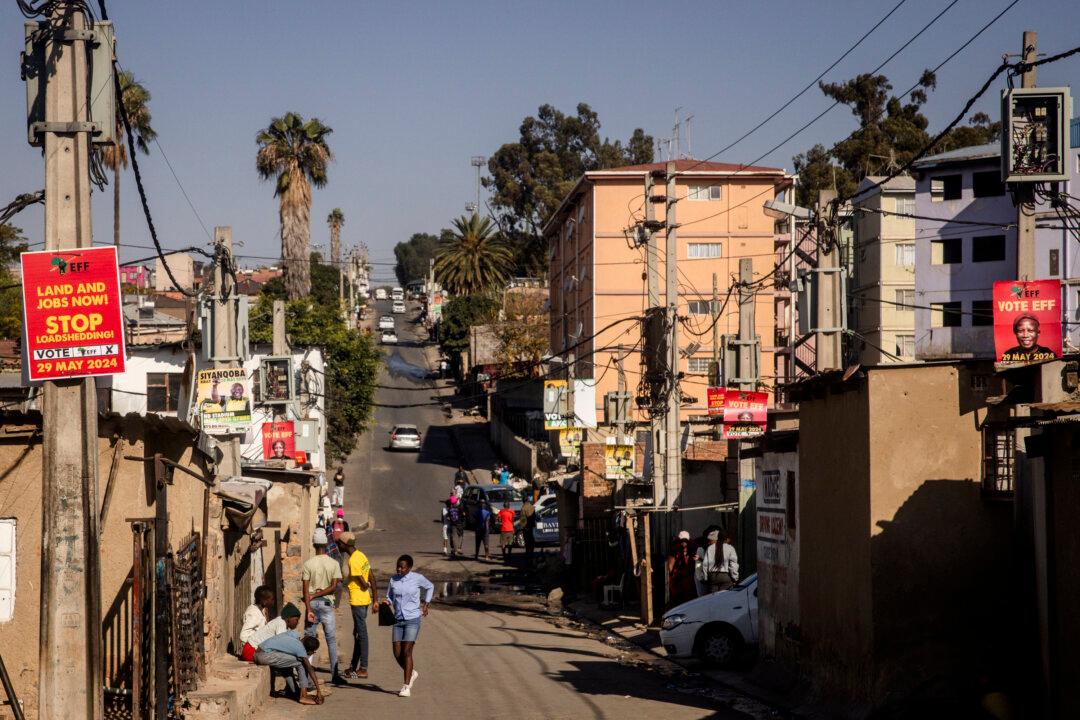Australia will push forward with the next phase of its ongoing World Trade Organisation (WTO) dispute with China over punitive tariffs imposed on its wine exports to the country.
Trade Minister Dan Tehan said Australia would ask the WTO to establish a dispute settlement panel to adjudicate the anti-dumping duties that were slapped on wine exports as part of an ongoing year-long economic coercion campaign instigated by Beijing.
“Australia supports the rules-based trading system and this is the next stage of the WTO dispute resolution process following consultation between Australia and China,” Tehan said in the announcement on Sept. 16 evening.
“Australia remains ready to resolve this matter directly through discussions with China,” he said. “We will continue to stand up for the rights of Australian exporters.”

The government is responding to part of an extensive campaign by the Chinese Communist Party (CCP) to target Australian exports with tariffs, suspensions, or regulatory hurdles, after Foreign Minister Marise Payne called for an investigation into the origins of COVID-19 in April 2020.
Other impacted industries include coal, beef, lobster, timber, lamb, and cotton.
Regarding the current WTO actions, a dispute settlement panel will hear arguments from relevant parties and investigate the dispute. Interim and final reports will be presented to the Dispute Settlement Body who will make a final ruling (based on the findings of the reports).
A range of possible resolutions could occur, including a ruling in Australia or China’s favour.
If it is in Australia’s favour, Beijing could be ordered to remove the tariffs or be ordered to negotiate a compensation payout. Failing this, Australia could be granted permission from the WTO to retaliate in kind with tariffs of its own.
The entire process will take several months. However, one hurdle lies in the way, which is the final appeals process.
However, he noted that Australia’s motive for launching WTO actions was not to obtain a resolution but to expose Beijing’s behaviour on the world stage.
“The process, and the issuance of the reports, will be illuminating. As they say, ‘sunlight is the best disinfectant.’ I think that’s what the Australian government is aiming for in this case,” he told The Epoch Times.
Finance Minister Simon Birmingham called the moves “petty.”





